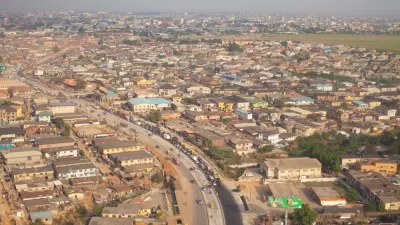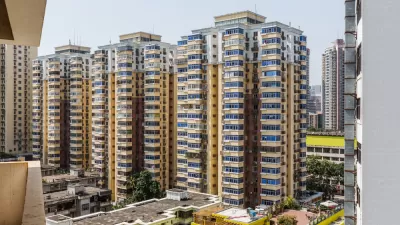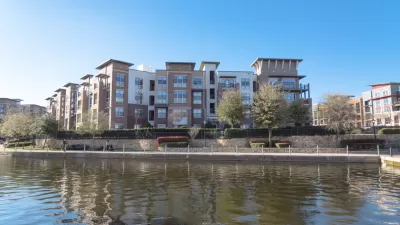As cities define our world in new ways every day, Penn Institute for Urban Research asked nearly dozen urban experts, “Why cities?”

When planned and managed sustainably and equitably, cities are engines of prosperity. In fact, cities contribute 70 percent of the world’s GDP. Yet, in many ways, cities have come to define and shape the overarching challenges of the 21st century: the speed and scale of their development is unprecedented. And housing the majority of the global population, cities are defining our world in new ways every day, raising complex questions about how to address the changes they bring to communities around the world.
With this in mind, and in conjunction with Penn's theme “Year of Why,” we asked more than a dozen urban experts, “Why cities?” In particular, we asked them to reflect on any or all of the following questions:
Cities throughout the world are growing in population and expanding in size—why is this? What are the most critical forces that are driving the new importance of urban centrality? How do they differ across the globe? How will urbanization impact inclusivity and sustainability? What are the common forces in global urbanization trends? How long will these trends last?
Their answers point to the centrality of cities in the future of our planet and its inhabitants, and shed light on how we can come to better understand and shape urbanization in the future.
FULL STORY: Expert Voices: Why Cities?

Alabama: Trump Terminates Settlements for Black Communities Harmed By Raw Sewage
Trump deemed the landmark civil rights agreement “illegal DEI and environmental justice policy.”

Study: Maui’s Plan to Convert Vacation Rentals to Long-Term Housing Could Cause Nearly $1 Billion Economic Loss
The plan would reduce visitor accommodation by 25% resulting in 1,900 jobs lost.

Planetizen Federal Action Tracker
A weekly monitor of how Trump’s orders and actions are impacting planners and planning in America.

This Toronto Suburb Has More Bus Riders Than Columbus, Ohio
Brampton, Ontario used gradual improvements in service to prove that if you build it, they will ride.

Paris Bike Boom Leads to Steep Drop in Air Pollution
The French city’s air quality has improved dramatically in the past 20 years, coinciding with a growth in cycling.

Why Housing Costs More to Build in California Than in Texas
Hard costs like labor and materials combined with ‘soft’ costs such as permitting make building in the San Francisco Bay Area almost three times as costly as in Texas cities.
Urban Design for Planners 1: Software Tools
This six-course series explores essential urban design concepts using open source software and equips planners with the tools they need to participate fully in the urban design process.
Planning for Universal Design
Learn the tools for implementing Universal Design in planning regulations.
Smith Gee Studio
Alamo Area Metropolitan Planning Organization
City of Santa Clarita
Institute for Housing and Urban Development Studies (IHS)
City of Grandview
Harvard GSD Executive Education
Toledo-Lucas County Plan Commissions
Salt Lake City
NYU Wagner Graduate School of Public Service





























